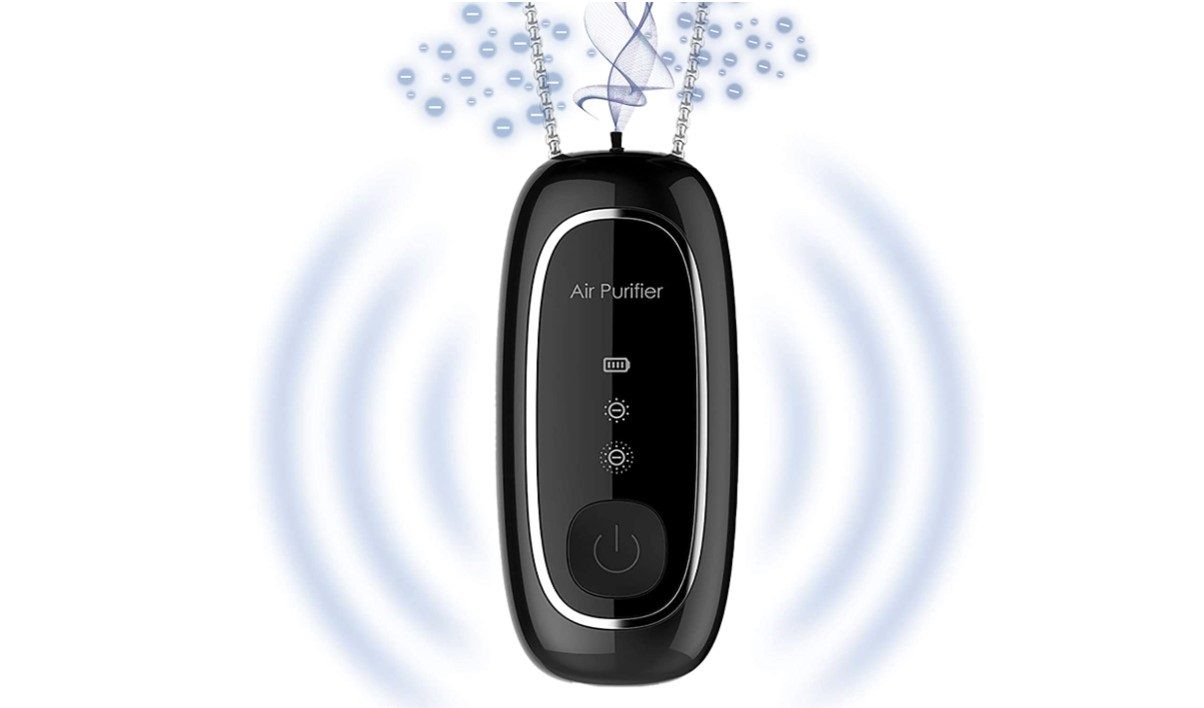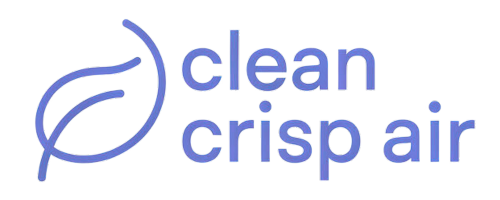Air purifiers have several proven benefits that range from purifying the air to alleviating allergies and fighting bacteria and viruses.
Unfortunately, these units are usually large, meaning you can only enjoy their benefits at home.

So, what about when on the move, traveling, or on vacation? This is where personal air purifiers can come in handy.
Personal air purifiers promise the same benefits as traditional air purifiers with the added advantage of portability.
However, there is a question as to whether they work. Given that they are just like the traditional units; it stands to reason that they can work just as well.
But these are portable (hence smaller and more compact), and their degree of effectiveness can vary greatly from traditional air purifiers.
Below, we take a look at these portable purifiers, how they work, and how effective they are.
What are personal air purifiers?
Personal air purifiers are small, compact, and portable devices you can keep and carry wherever you are. They are for use within close proximity of your body to purify the air around you.
Personal air purifiers come in a wide range of varieties. They include wearable air purifiers such as air purifier necklaces, masks, or nasal air purifiers.
Others include table or desk air purifiers that are designed to be placed on tables, workstations, or nightstands.
Boat and car air purifiers can also fall into the category of personal air purifiers. They are small, compact, and you can travel with them to purify the air around you.
How do wearable air purifiers work?
Personal air purifiers work just like normal air purifiers, only on a smaller level. The working mechanism can vary Depending on the device you are using.
The most common type of personal air purifier is the neck air purifiers. These can range from simple purifiers with activated charcoal to trap impurities to filtered air purifiers.
However, the most common neck air purifiers are ionizers. These work by releasing charged particles to the surrounding area, which then charge various airborne pollutants, thus neutralizing them.
Ionizers are also common among table and desk air purifiers.
Aside from ionizers, there are also filtered air purifiers, such as face masks that come with filters. These work by trapping air contaminants, thus ensuring that you breathe clean air.
They have become very popular with the Covid-19 pandemic, with HEPA-filtered face masks offering the best air purification benefits.
Other types of personal air filters include nasal filters designed to be worn and inserted in the nose. These help to prevent various airborne allergens from passing through when breathing in.
Overall, personal air purifiers can use any of the several air purification mechanisms – filters, ionization, and UV light, among others. Some even use a combination of mechanisms, for example, filters and ionization.
Are personal air purifiers effective?
From the above mechanisms of personal air purifiers, it is safe to say that they do work in neutralizing various airborne pollutants. However, the question is whether they are effective.
Top-rated personal air purifiers can be quite effective, such as ionizers, HEPA face masks, HEPA nasal filters, plug-in air purifiers, and combo filters and ionizer purifiers.
They can help trap and/or neutralize allergens in the air around you, thus ensuring that you only breathe clean air.
However, even the best of air personal air purifiers have some limitations. Most air purification devices work best when you are stationary and/or in enclosed spaces. This way, they have enough time to neutralize all pollutants.
Therefore, if you are outdoors and on the move, you will be constantly bombarded with allergens.
As such, some devices, such as personal air ionizers, might be unable to neutralise them all.
Can air purifiers protect against viruses?
Do personal air purifiers work against viruses? Personal air purifiers became popular during the covid-19 pandemic, as people seek various ways of protection.
However, while it is true that there are several air purifier benefits, the science is divided on their effectiveness against viruses. This is especially the case in outdoor settings.
Therefore, the best bet is to use them, if necessary, but with other protections such as face masks and sanitizers.
Wrapping up
Personal air purifiers are a great way of enjoying the air purification benefits, but when on the move. They come in a wide range of choices, from wearable necklaces to face masks, nasal filters, and portable, compact air purifiers.
While they might not be as effective as traditional air purifiers, especially in open spaces, they offer an added layer of protection.
Some, such as HEPA face masks, can even be very effective when it comes to protecting you from air pollutants.
